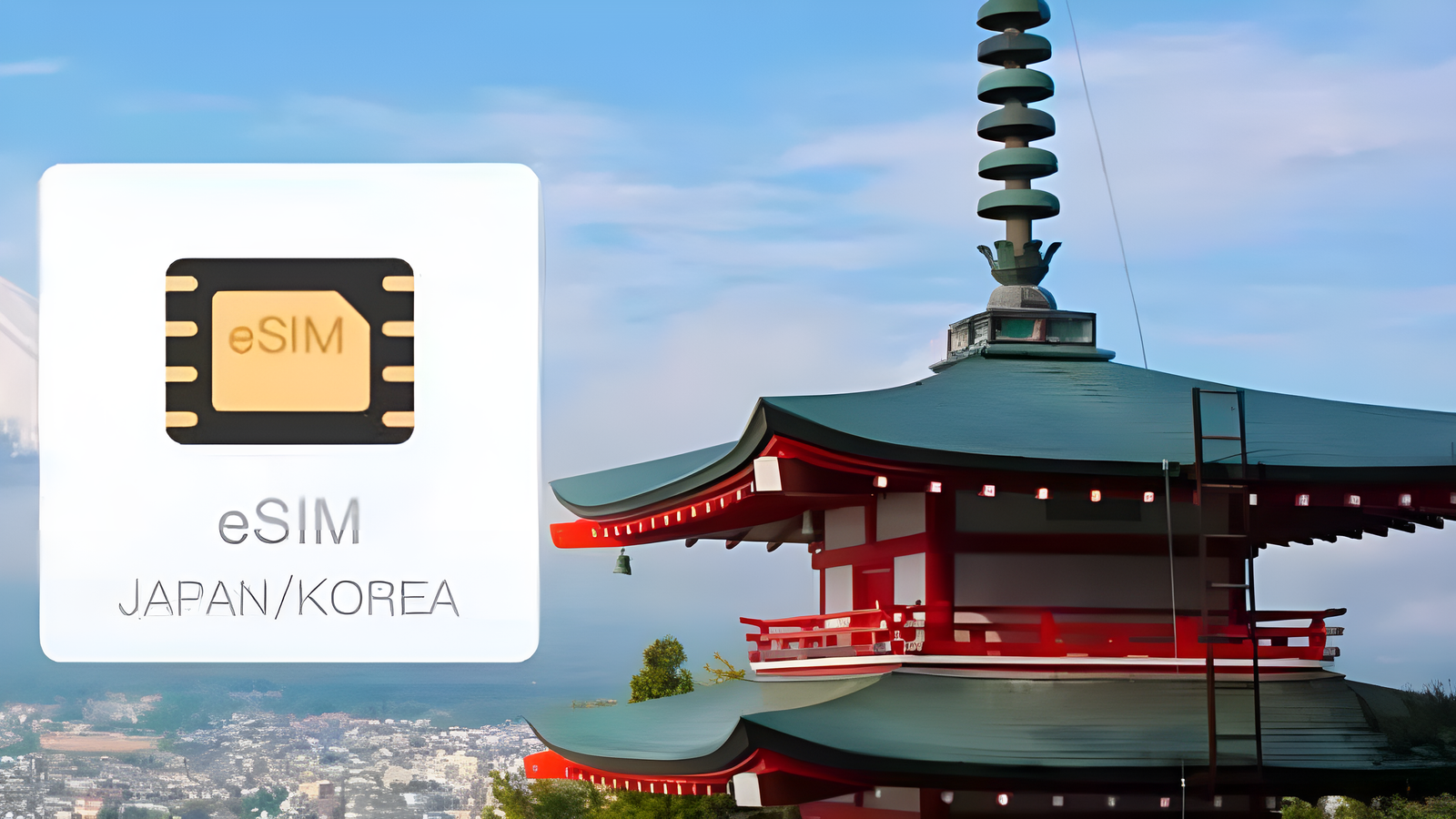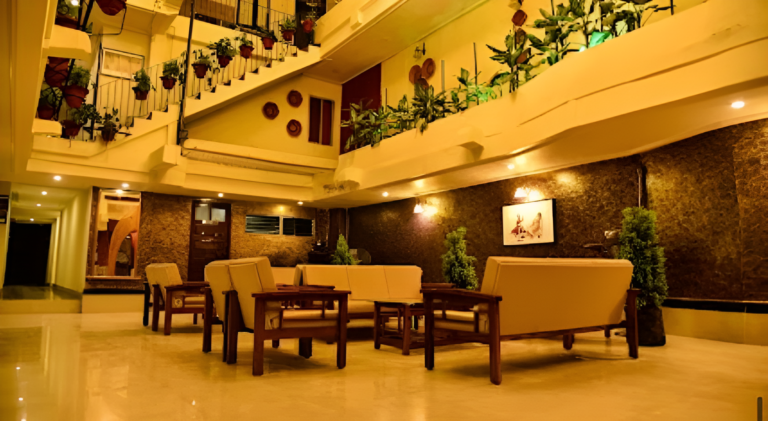Cross-Cultural Highlights: What Makes Japan and Korea Unique Yet Similar?

Japan and Korea, two dynamic East Asian nations, are popular travel destinations for their rich traditions, modern innovations, and vibrant cultures. For travelers exploring these countries, seamless connectivity is critical, making a Japan and Korea data eSIM a practical tool for staying connected. This connectivity allows travelers to quickly access maps, local guides, and real-time updates without worrying about switching SIM cards. Let’s explore the cross-cultural highlights that showcase Japan and Korea’s unique and shared aspects.
Language Nuances and Communication Styles
One of the first things visitors will notice is the distinct languages spoken in Japan and Korea. While unique, Japanese and Korean languages share certain similarities due to historical influences, including loanwords from Chinese. Japanese communication is often more formal and indirect, reflecting the cultural importance of humility and politeness. In contrast, while respectful, Korean communication tends to be more direct and expressive, especially among friends and younger generations.
Understanding these subtle differences can enhance travelers’ interactions. Accessing translation tools via a Japanese and Korean data eSIM ensures smoother communication and helps break down language barriers, enriching experiences.
Food Culture: A Tale of Taste and Tradition
Food plays a central role in Japanese and Korean cultures, yet their culinary traditions each offer distinct qualities. Japanese cuisine is celebrated for its refined balance of flavors and its emphasis on aesthetics, with dishes like sushi showcasing meticulous preparation. Ingredients are often chosen based on seasonality, and meals are typically served in a peaceful, thoughtful atmosphere. Accompaniments like green tea enhance the dining experience, emphasizing simplicity and harmony.
On the other hand, Korean food is bold and vibrant, characterized by its use of garlic, chili, and fermented ingredients like kimchi—Bibimbap, bulgogi, and tteokbokki, bringing spicy, savory, and sweet flavors. Unlike Japan’s often solo dining experience, Korean meals are communal and shared, fostering a sense of togetherness. Whether sampling sashimi in Japan or trying samgyeopsal in Korea, staying connected with a data eSIM helps travelers find top-rated local eateries and hidden gems for an authentic dining experience.
Festivals and Celebrations: Vibrancy and Tradition
Japan and Korea host vibrant festivals rooted in their rich cultural traditions, though the focus and nature of these celebrations differ. In Japan, festivals, or matsuri, are often connected to Shinto or Buddhist customs and reflect the cyclical changes of the seasons. Celebrations like the Gion Matsuri in Kyoto and the cherry blossom hanami parties demonstrate Japan’s deep reverence for nature and its historical rituals. Meanwhile, Korean festivals, such as Chuseok and Seollal, are centered around honoring ancestors and celebrating seasonal harvests, reflecting a more familial and agricultural focus.
In contrast, Korea’s festivals often combine modern and traditional elements. Chuseok, similar to Thanksgiving, is a significant holiday centered around family and ancestral rituals, while events like the Boryeong Mud Festival focus on fun, communal activities. Attending these festivals provides travelers with unique cultural insights. A Japan and Korea eSIM ensures you stay updated on event times, locations, and travel arrangements to experience these celebrations fully.
Modern Innovations and Technological Marvels
Japan is renowned for its technological advancements, particularly in robotics, transportation, and electronics. The Shinkansen, Japan’s high-speed trains, and the cutting-edge infrastructure of cities like Tokyo showcase a perfect blend of modern innovation and convenience. Similarly, South Korea excels in technology, with global leadership in smartphones, apps, and Seoul’s lightning-fast internet. While Japan’s tech culture prioritizes functionality and minimalism, South Korea seamlessly integrates technology into everyday life, influencing trends and behaviors. A Japan-Korea eSIM enables travelers to experience these local tech innovations, from apps to intelligent city features.
Fashion and Street Style: Tradition Meets Trend
Japan and Korea are renowned for their influence on global fashion, each offering a unique perspective. In Japan, fashion is highly individualistic, with subcultures like Harajuku fashion reflecting bold, eclectic styles. Traditional attire, such as the kimono, is still worn during festivals and special occasions, representing the blend of modern and historical fashion.
Korea’s fashion scene, especially in Seoul, is trend-driven and fast-paced, focusing on sleek, modern aesthetics that appeal to young consumers. The hanbok, Korea’s traditional clothing, is also returning as a fashionable statement, often updated with contemporary twists. Accessing local fashion districts and trending spots is easier when connected with a data eSIM, letting you explore everything from vintage shops to high-end boutiques.
Respect for Heritage and Cultural Etiquette
Japan and Korea deeply respect their cultural heritage, which is reflected in their social etiquette. In Japan, this often means bowing as a greeting, speaking softly, and observing specific rituals, such as taking off shoes before entering a home. In Korea, respect is shown through different forms of address and gestures, like using two hands to give or receive items.
Understanding these customs helps foster better relationships and enriches the travel experience. Whether navigating the serene temples of Kyoto or joining a Korean tea ceremony in Seoul, a Japan and Korea data eSIM keeps you connected so you can quickly look up etiquette tips and cultural practices as needed.
Read More
Final Thoughts
While Japan and Korea share some historical and cultural ties, each offers distinct experiences that captivate travelers. From their cuisine and festivals to modern advancements and deep respect for heritage, understanding the similarities and differences can make visiting these countries even more meaningful. With a Japan and Korea data eSIM, your journey becomes smoother, allowing you to appreciate the unique elements of both destinations without missing a moment.






